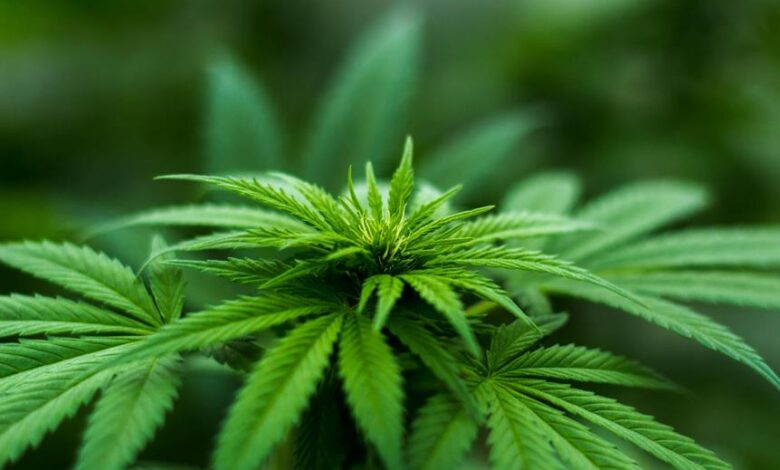Difference Between CBD and THC: What You Need to Know

The distinction between CBD (cannabidiol) and THC (tetrahydrocannabinol) is pivotal for anyone exploring the complexities of cannabis-derived products. While THC is renowned for its psychoactive properties, providing relief alongside notable euphoria, CBD offers a non-intoxicating alternative with its own therapeutic advantages. As the legal landscape surrounding these compounds continues to evolve, understanding their chemical compositions, effects, and implications for health can empower consumers to make informed choices. Yet, the nuances of their interactions and potential applications raise further questions that merit exploration.
Chemical Composition
The chemical composition of CBD (cannabidiol) and THC (tetrahydrocannabinol) reveals distinct structural differences that significantly influence their pharmacological effects and therapeutic applications.
The molecular structure of these cannabinoids determines their interaction with the endocannabinoid system, leading to varied cannabinoid properties.
While THC is psychoactive, CBD exhibits non-psychoactive traits, making it a preferable option for those seeking therapeutic benefits without intoxication.
Psychoactive Effects
While THC is known for its psychoactive effects that can induce euphoria and alter perception,
CBD remains non-psychoactive, allowing users to experience therapeutic benefits without the accompanying mind-altering experiences associated with THC consumption.
This distinction significantly affects intoxication levels and user experiences, as those seeking relief without intoxication can opt for CBD, ensuring clarity and freedom in their daily activities.
Medical Benefits
Numerous studies have demonstrated that both CBD and THC possess distinct medical benefits, offering therapeutic options for a variety of health conditions.
CBD is particularly noted for its effectiveness in anxiety reduction, providing a calming effect without psychoactivity.
Conversely, THC is recognized for its potent pain relief properties, making it beneficial for individuals suffering from chronic pain and other debilitating ailments.
Legal Status
Understanding the legal status of CBD and THC is essential, as it varies significantly across different jurisdictions and impacts both availability and usage.
Regulatory challenges abound, with many countries still navigating complex international laws.
This inconsistency can hinder access to beneficial products, illustrating the need for clarity and reform to empower individuals seeking freedom in their wellness choices.
Conclusion
The distinctions between CBD and THC extend beyond mere chemical composition, encompassing psychoactive effects, medical benefits, and legal implications.
While THC offers a euphoric experience, CBD presents a non-intoxicating alternative with therapeutic promise.
As the landscape of cannabis legislation evolves, understanding these differences becomes increasingly vital for informed decision-making.
What remains uncertain is how future research and regulatory changes will shape the applications and perceptions of these cannabinoids, leaving consumers and medical professionals alike poised for potential breakthroughs.




